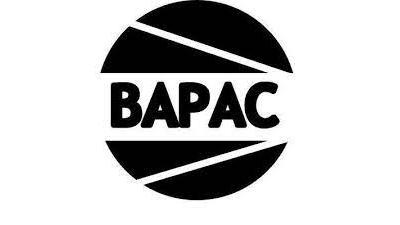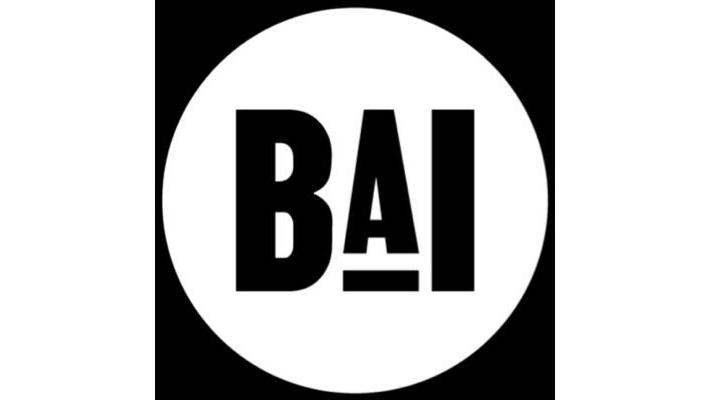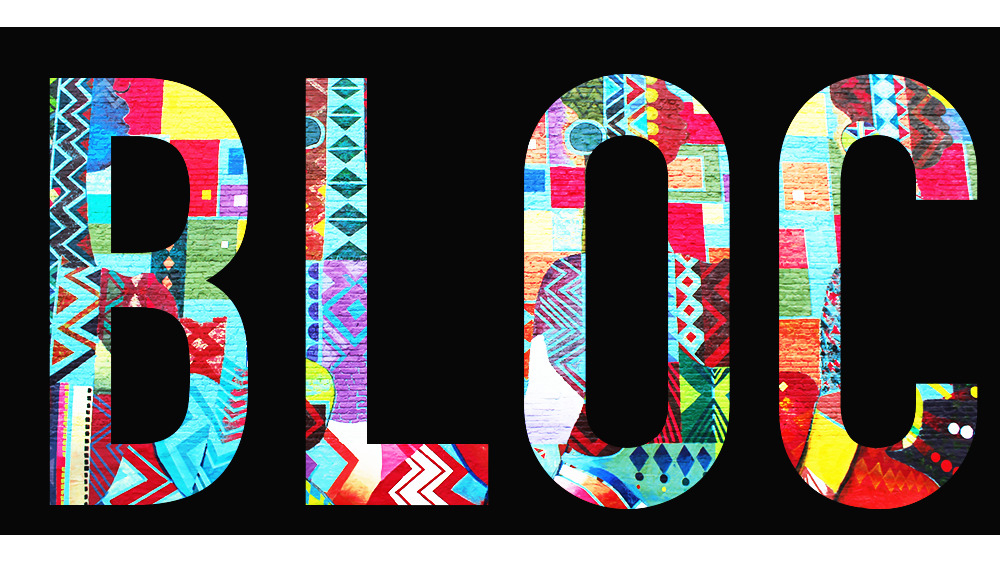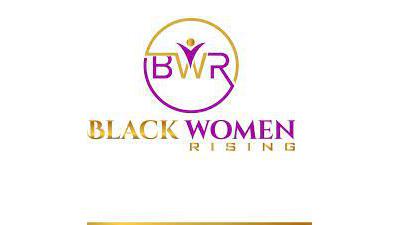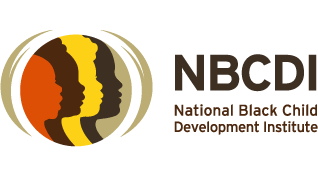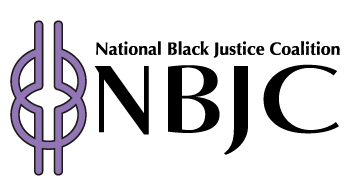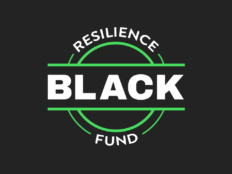Solidarity with Black Communities and Systems Change
This resource page is geared toward individual donors who are looking to increase their knowledge about the issues connected to institutional racism against Black communities, ensure all voices are heard in our democracy, and give effectively to organizations working toward systems change.



